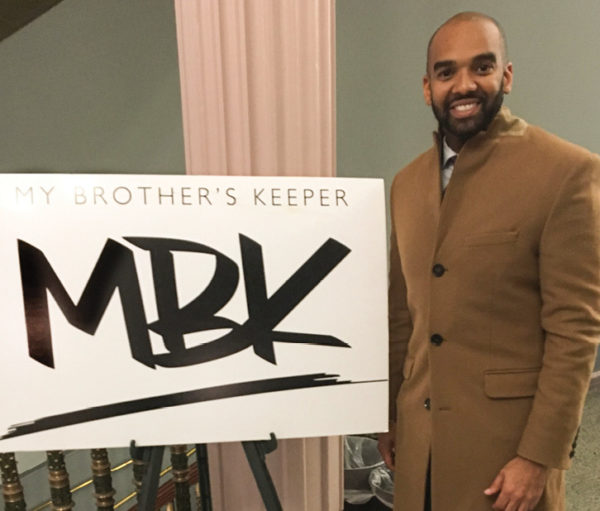
Watching his aunt struggle with bipolar disorder, Asa Briggs traded in his legal aspirations to pursue a career in mental health care.
“She would have extensive inpatient hospitalization, but then would come out with no continuity of care,” Briggs says. “It was a crystallizing moment for me.”
At first Briggs focused on earning his professional counselor license, but then his friend Erica Anderson Stone, MSN’05, an instructor in nursing at Vanderbilt, suggested he consider providing more holistic care for patients. “It was at that moment that I realized nursing was ‘it’ for me,” he says.
Briggs enrolled in the School of Nursing’s PreSpecialty program for students entering the profession from other vocations. His focus was psychiatric mental health.
In January he became program director of rural psychiatric services for Prisma Health in Greenville, South Carolina, working with underserved populations in a city where the poverty rate exceeds 15 percent. Previously, he spent seven years at Unity Healthcare in Washington, D.C., where he oversaw 22 clinics and provided care through the district’s Department of Corrections.
Having promoted an innovative treatment plan at Unity that offered continuity of care to newly released prison inmates, Briggs is now continuing his novel approach to mental health care in Greenville. Leaning on his Vanderbilt experience, he holds goal-setting sessions with his patients while bringing them care.
“It’s really important for me to understand what their health goals are, and then what we can do to work collaboratively to achieve those goals,” says Briggs, who recently earned his doctor of nursing practice at Yale. “Often, when it comes to mental health issues, that agency is missing.”
While increased patient engagement and education can help eliminate disparities in health care, challenges persist among the more vulnerable members of society. At Vanderbilt, Briggs studied biopsychosocial models of care, considering not just biological contributions to mental health but also “the psychology of the lived experience and the social determinants of health,” he says. That led him to become an adviser to President Barack Obama’s My Brother’s Keeper initiative, for which Briggs examined the impact that adverse childhood experiences can have on the mental health of young men of color.
“Asa understands the role stigma plays among minority and vulnerable populations, leading to their reluctance to seek mental health care,” says Susan Adams, professor of nursing. “He is fulfilling his family’s expectations to give back to the community, which simultaneously reflect Vanderbilt’s mission as a center for scholarly research, informed and creative teaching, and service to the community and society at large.”
—ANDREW FAUGHT